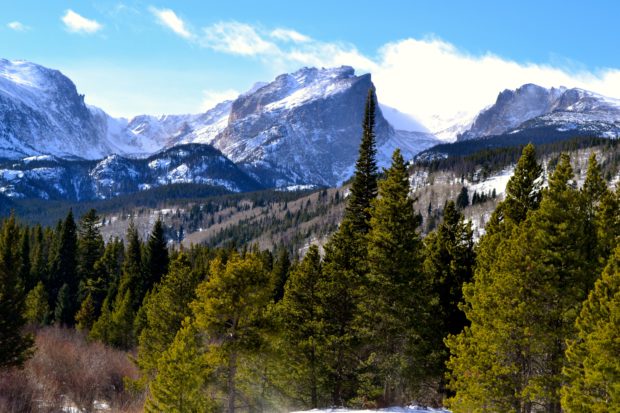Wander West, Young Man by Dayle
MOVING ACROSS THE COUNTRY inspires a certain kind of madness, notably different than fleeing over an ocean for exploits requiring little more than two suitcases, a camera and a backpack.
After more than a year of wistful gazes towards the sunset, I had finally left for the mountains, and that monumental shift pushed every priority down a peg. Politics became a blur of white noise among the shuffling of moving boxes, while work played second fiddle to the welcome laughter of farewell parties. The world at large had shrunk to the size of me and my partner-in-crime, along with a calico kitten and a 16-foot truck packed full of pesky possessions.
Although spring had come to Chicago, summer remained too distant to tempt us into another delay, and on a brisk Wednesday morning, we caravanned away in a cloud of questions. I-80 is a lonely highway, as are most, but it provides plenty of time to think about the buildings shrinking behind and the blurry horizon tugging the wheels two hundred miles between pit stops.
If you drive for long enough, any vehicle eventually becomes an extension of yourself; the curved edge of the hood and the white stripes flickering by form a seamless track, easily followed as you fall into the flow of the road. Every bump and gust of wind becomes routine, and your muscles unconsciously clench and adjust at the slightest waver in your headlong flight.
The highways of this American beast have long been compared to veins and arteries, pumping resources and human capital, slowed by clots of commerce and tourism, pitted with potholes, sprouting capillaries to feed new tumors of civilization. From the cab of the truck, however, chewing up miles of asphalt, the highways feel more like scars, blasted strips where life has been denied a home.
They slice through vast swaths of otherwise virgin land like burnt-out tissues, wounds that are cut and then abandoned after linking larger pockmarks of urban blight that perpetually grow unchecked. Their broader purpose is essential, but even that statement is indicative of the superiority humans not only feel, but also use as justification for our savage abuse of the natural world.
The sheer scope of our mortal sprawl is mind-boggling, but it is perhaps most obvious on a cross-country drive, where every few miles, a patch of humanity springs up, although few blossom. Even a short sprint in the country takes one past immeasurable tons of concrete and asphalt, a seemingly infinite stretch of guardrails and truck stops, motels and floundering towns so small that you never even catch their name. Intent on bending the massive expanse of this land to our will, we laid our claim with a web of transient creation.
Perhaps that is why the urge to move west remains strong in so many people, particularly those who have begun to lose hope in the Old Guard bastions of logic and leadership. There is something humbling about the rising gaze of mountains in the distance, a reminder that some corners of nature can still deny potential conquerors, despite our worst efforts.
The slow climb to Colorado’s plateau is typically seen through bleary eyes, unbelieving that the flat canvas of Nebraska is over; the horizon shifts upward ever so slightly, and is suddenly less boundless. The highway, even a hundred miles from the peaks, begins to succumb to the insistence of nature, snaking around gentle rises instead of plowing blindly through as it learns to take terra firma’s path of least resistance.
From a distance, Denver seems cradled in the frame of the Front Range, not a soaring stretch of brash skyscrapers, but rather an unassuming bundle of buildings, soberly acknowledging their inability to compete with the natural spires at their back. As the atmosphere thins and clears, the air smells of old minerals still buried, twisted with the aroma of ten million trees, faint and beckoning.
The typical city roar feels muted, wary of the weather that might be tossed over the peaks at any moment. The immediacy of nature’s power and unpredictability is constantly evident here, from flash hailstorms and springtime blizzards to arctic autumns and winter heat waves. Much further to the west, past the watershed that drains to the Pacific, the land becomes tamed once again, as deserts are easier to dominate than a state-spanning bouquet of middle fingers from Mother Nature. However, if the Green Gods have a place to take a stand in this country, buffeting the attempts of feeble Homo sapiens to claim anything close to ownership, it is here.
The roads creep cautiously up mountains that were once savaged by dynamite and ambition, but even with man’s invasion of cracks in this mighty earthen wall, there are some places that roads will never reach. As asphalt gives way to gravel, and eventually to rock and dirt, the ancient trees lean in closer, taunting those who push on, inspiring doubt as often as wonder. At a certain point, even vehicles become a liability, leaving only jagged, winding trails for fallible feet to explore.

Coming face to face with the grandeur of nature is only possible in places like this, removed from situation rooms and polished halls where far-reaching decisions are made. When disconnected from digital maps and our instantaneous access to comfort, stripped to the bare essentials – shelter, heat, food and water – it is possible to revel in our insignificance, rather than be intimidated by it. There are those who look at mountains and see obstacles to cross, while others see them as pillars to climb.
People often talk about climate change “destroying the planet”, but that choice of words is poor. In the 4.5 billion years of Earth’s history, humanity’s time on the planet has been the tail end of a fraction of a blink. With the exception of all-out nuclear war, human beings will not destroy this planet. The arrogance to think we can is incredible.
We can certainly make this planet unlivable for ourselves, at which point Nature will wipe her slate clean, as she has done to millions of species before us, and millions yet to come. Earth would continue spinning without humanity, and from an objective view, it would be better off. Within a handful of millennia – a sliver of geologic time – the scars we’ve left on the world would heal.
Just as westward wanderers once broke their teeth against the bulwark of the Rockies, as a global culture, we’ve come to the end of the line for shifting blame or pretending this crisis isn’t real. We are each of us responsible – for causing the problem, as well as working towards a solution, in whatever form that may take.
Saying that, as I back my own life against the great wall of the West, I can’t help but feel like a runaway – embracing the wonder while it lasts, but contributing little to the greater struggle. Like a child playing tag and refusing to leave “glue”, fleeing to a liberal stronghold in the shadow of the mountains feels like painting myself into a corner, albeit a beautiful one. It is harder to see the full picture from the center of an echo chamber, and 10,000-foot weekend escapes do make it difficult to fight in battles where the stakes feel highest.
In my many moments of self-doubt, and for the many yet to come, I remind myself that living well is the best revenge.
While it is critically important to leave personal bubbles and engage with the world when it needs powerful voices and a strong conscience, we must go on. Rational fear for the future should guide our decisions, but it should not control our lives. Allow it to motivate, not paralyze; let it inspire innovation, not cripple your willingness to take risks.
I will write from the west and you will read in the east and others will protest and donate and volunteer and sustain and fight and study and teach and lobby and debate and research and campaign and win and work for what matters most in every corner of Carl’s pale blue dot – a future that is brighter than we found it.
Illegitimi non carborundum.
***********
Go find your own wilderness, but first, read the rest of SN10: The Green Issue, available on Amazon!

